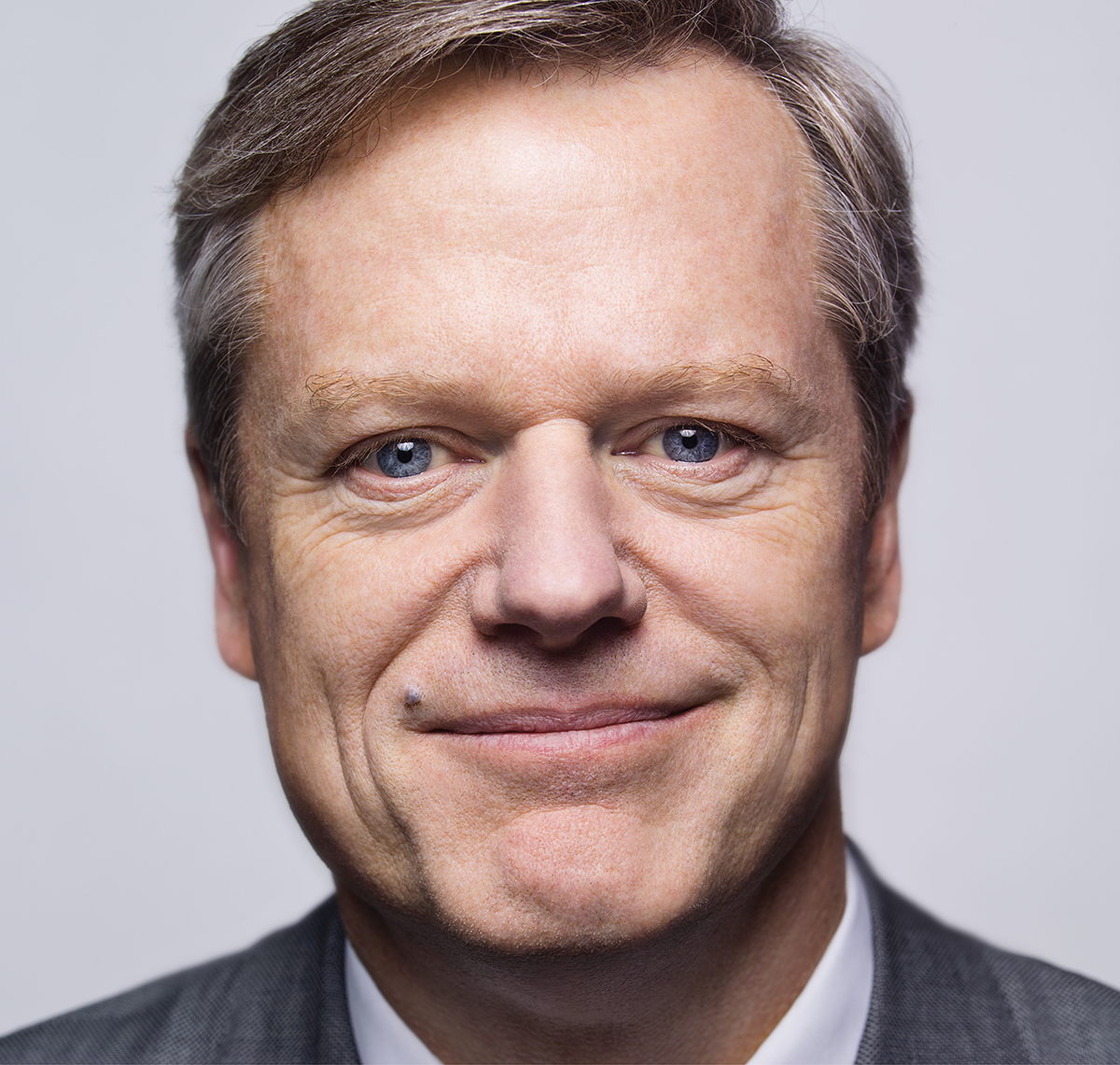Any Problem Can Be Solved with the Right Spreadsheet

Photograph by David Yellen
2. Charlie Baker
Governor of Massachusetts
When Charlie Baker beat Martha Coakley in November, it wasn’t clear how much influence his victory would bring. He’s a Republican working with a State House so heavily Democratic, it can brutally slap down any gubernatorial veto. But the city’s biggest debates—about the MBTA, the Olympics, and the convention center expansion—don’t break down neatly along partisan lines. That’s been a boon to Baker: He’s not the odd man out, the moderate-right guard against a horde of Democrats. He’s the decision-maker at the center of it all.
And the man and the moment are aligning. Baker, a data-driven budget hawk, got familiar with Beacon Hill as the top finance guy for former governors William Weld and Paul Cellucci. Now he’s taking his scalpel to the ballooning deficit Deval Patrick left behind. And he’s carefully wielding his office’s broad powers over capital projects. In Massachusetts, the legislature authorizes a long list of projects in bond bills—more than the state can really pay for. The governor makes the final call. “They set a very wide and broad framework, and then we play within that framework,” Baker says. “Your real goal is to make sure you get the biggest bang for the buck that you can.”
Baker set the tone during his first week in office, when he delayed a $1 billion bond to expand the Boston Convention and Exhibition Center. Though supporters of the project included power players such as Mayor Marty Walsh, observers are increasingly doubtful that Baker will move the project forward. “It sent a very important signal about his leadership style,” says Peter Ubertaccio, a political science professor at Stonehill College, “his willingness to take on pockets of power, and not let them necessarily get what they want.”
On the Olympics, Baker has remained carefully neutral, commenting little. Occasionally, he emerges with a skeptical comment and presses Boston 2024 for more-specific plans. “I think that allows him politically to approach it with a certain amount of goodwill from both sides,” says Ubertaccio. “It wouldn’t surprise me if he doesn’t come out in favor or against it, but uses his political neutrality and standing to extract some concessions or promises from the effort.”
Case in point: A day after the governor supported a statewide referendum on the Olympics, Boston 2024’s John Fish did the same.
The T crisis, decades in the making, has Bostonians questioning whether we can pull off an Olympics or afford to expand the convention center, says Jim Stergios, executive director of the Pioneer Institute, the conservative think tank close to Baker. “If we cannot get the T to work at all well by next winter,” Stergios says, “I cannot see how popular support rises for the Olympics.”
But even the T’s blizzard of debt, deferred maintenance, and poor emergency planning is ripe for the governor’s management style. He likes taking deep dives into contracts, rules, and data.
“I think fixing the T may require him to do something a little more radical than he might be personally inclined to do, because it is such a mess,” Ubertaccio says. The Pioneer Institute is pushing for state receivership of the MBTA. “[Baker] may ultimately do it,” Ubertaccio says, “but it’s a testament to his kind of decision-making not to do it quickly.”
View the full list of Boston’s 50 Most Powerful People.
Check out more of our Power 2015 coverage.


